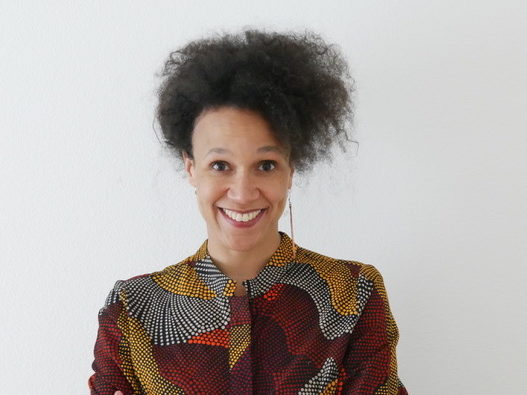Vanessa Eileen Thompson
In this current conjuncture of crisis, of which corona is rather an effect than the cause, the differential logics at the heart of the European project are brutally laid open, again. But what corona, or better the politics of corona demonstrate, is not only that not everybody is equal in this crisis, though the virus makes no difference, but that sustaining life of some is directly linked to premature death of others. Not only are essential workers, most of the time gendered, racialized and migrant workers (in supermarkets, public transport, care workers of any kind), essential for the social reproduction of society, they are also disposable and particularly exposed to the virus and to premature death. Whereas some of us can work from home, albeit often under difficult and especially gendered conditions, others, mostly, the othered, the poor, working class, houseless, illegalized, racialized other, are either contained to a form of essentiality but minus worth, or detained and rendered surplus in lagers, prisons or jails. On a global scale, the politics of vaccination, global pharma and property rights, risk to further mobilize health as a vector of a global sanitary apartheid.
This crisis urges us to re-think Europe as an epistemic, political, economic, cultural and also subjective project. Whether it be the necropolitical responses to the flight and movements of those rendered migrants, refugees and asylum seekers; the further expansion of neoliberal securitization and policing alongside intersectional vectors of vulnerabilities; or the state-sanctioned abandonment of vulnerable groups through underfunding and austerity – Europe’s normative paradigms and concepts such as safety and security, citizenship, equality and solidarity require fundamental scrutiny and rethinking. I would even say, it requires, following Frantz Fanon, leaving Europe. The fundamental problems we face today, the logics of racial gendered capitalism, exploitation and destruction of natural resources, dispossession and forced displacement, expanding securitization and border politics, mass abandonment of populations rendered surplus, and sanitary apartheid, cannot be solved through forms of liberal inclusion (such as inclusion into regimes of liberal citizenship, property, etc.). Leaving Europe, in Fanon’s sense means to break with the foundational political and social categories, economies, and relations, while simultaneously reimagine worlds anew.

Vanessa E. Thompson is a research associate in the field of comparative cultural and social anthropology at Europa-Universität Viadrina Frankfurt. Areas of focus in her research include critical race and migration studies, black studies, intersectional gender studies, abolitionism, and transformative justice. Her current project studies forms of policing of black people, resistance, and abolitionist alternatives in Europe. She is also an activist in these areas and, among other things, is a member of the International Independent Commission on the Death of Oury Jalloh.